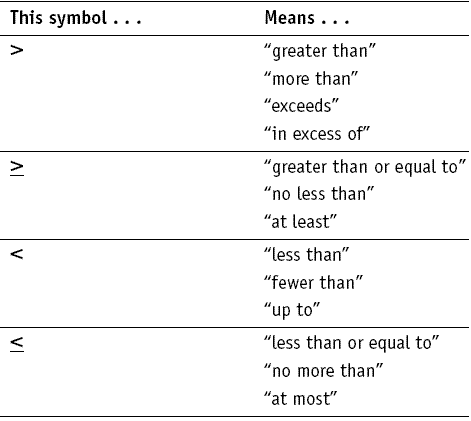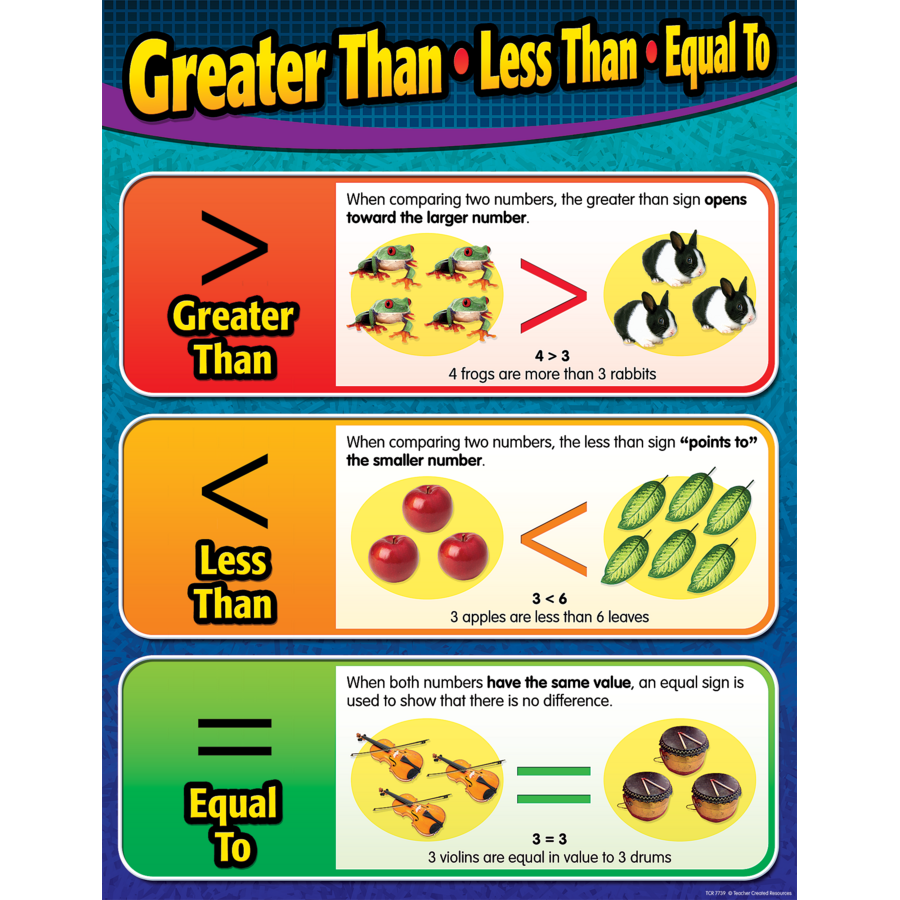

We can tell just by looking at this that all cities from the Canary Islands will be returned, plus any cities that satisfy the first criteria. Therefore we got rows that satisfied either Name <= 'Ab' AND Population <= 100000 or District = 'Canary Islands'. In this query, I didn’t provide any parentheses, and so the AND operator was evaluated before the OR operator. | 672 | Santa Cruz de Tenerife | ESP | Canary Islands | 213050 | | 660 | Las Palmas de Gran Canaria | ESP | Canary Islands | 354757 | Parentheses have a higher precedence than all operators, and so you can use parentheses to specify the order in which each condition should be evaluated.Ĭonsider the following example: SELECT * FROM city Furthermore, it evaluates any AND operators before any OR operators. For example, it evaluates any conditional operators before any logical operators, such as AND and OR. Note that SQL has an order of precedence that it assigns to different operator types. You can also use a combination of operators when filtering the results. WHERE Name <= 'Ab' AND Population <= 100000 If you have multiple conditions, you can use multiple <= operators. Basically, it returns all cities that start with letters lower than Ab or exactly Ab. This query returns all cities that are less than or equal to Ab. | 3097 | Aachen | DEU | Nordrhein-Westfalen | 243825 | | 698 | la Laguna | ESP | Canary Islands | 127945 | | 20 | ´s-Hertogenbosch | NLD | Noord-Brabant | 129170 | When comparing with a string value, use quotes around the string literal. You can also use the <= operator to compare string values. Here’s an example to demonstrate using the less than or equal to operator to compare date values.

The less than operator doesn’t include the value that you specify. Or we could simply use the less than operator ( <) instead: SELECT * FROM city If we didn’t want this city to be included, we would need to either lower the value: SELECT * FROM city
We saw this in the previous example when it included the city with a population of 455, which was the exact value that we specified. The less than or equal to operator includes the specified value in its evaluation. This query returns all cities that have a population of 455 or lower. | 2317 | West Island | CCK | West Island | 167 | | ID | Name | Countr圜ode | District | Population | You can use it to determine whether a value is less than or equal to another value. The corresponding elements of A and B are compared lexicographically.In SQL, the less than or equal to operator ( <=) compares two expressions and returns TRUE if the left operand has a value lower than or equal to the right operand otherwise, the result is FALSE. If one input is a string array, the other input can be a string array, a character vector, or a cell array of character vectors. The operator treatsĮach numeric value as a number of standard 24-hour days. If one input is a duration array, the other input can be aĭuration array or a numeric array.

If one input is a datetime array, the other input can be aĭatetime array, a character vector, or a cell array of See Compare Categorical Array Elements for more details. Must have the same sets of categories, including their order. If both inputs are ordinal categorical arrays, they A single character vectorĮxpands into a cell array of character vectors of the same size as the other Input can be an ordinal categorical array, a cell array ofĬharacter vectors, or a single character vector. If one input is an ordinal categorical array, the other


 0 kommentar(er)
0 kommentar(er)
